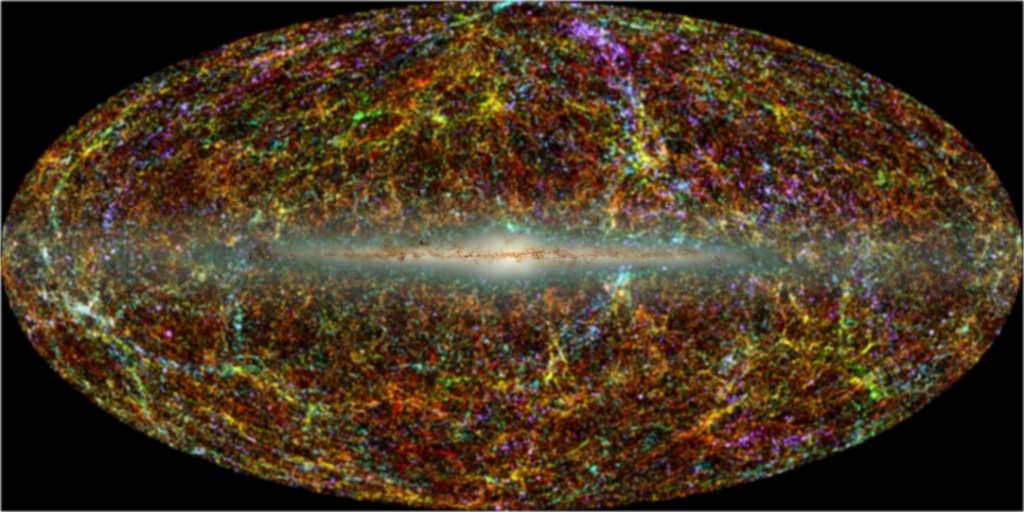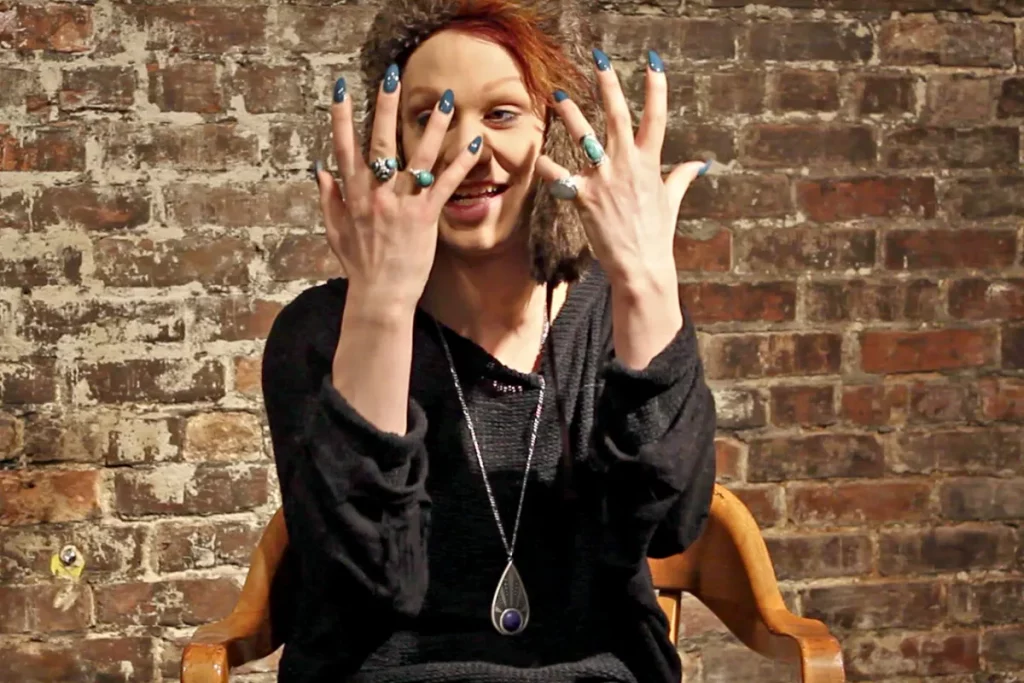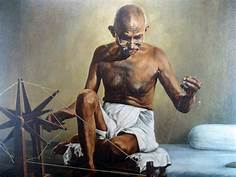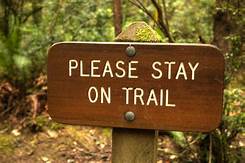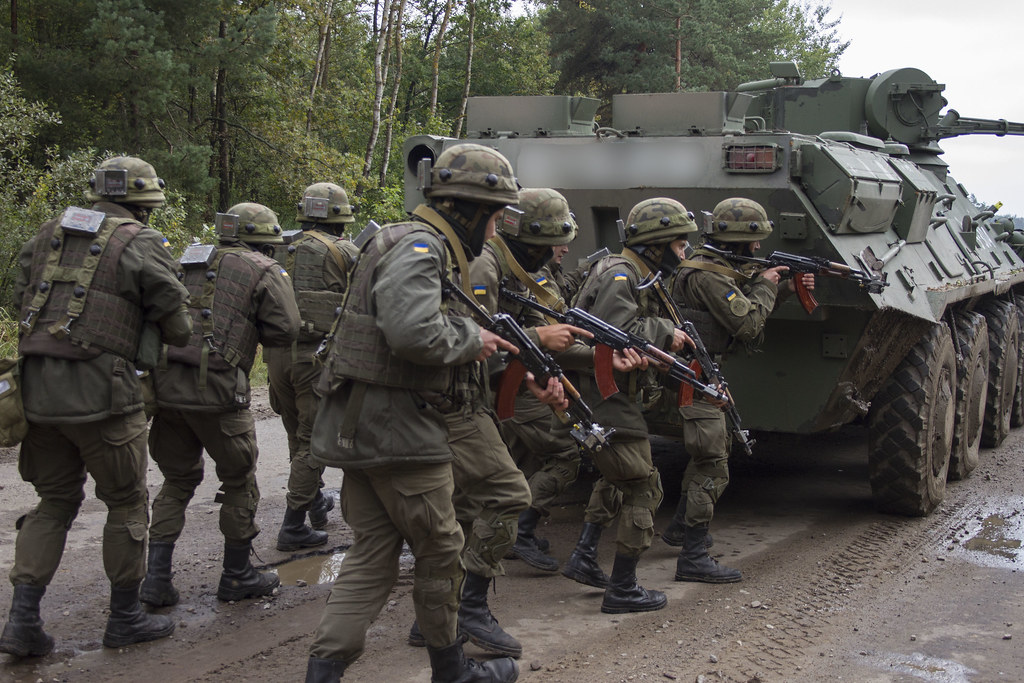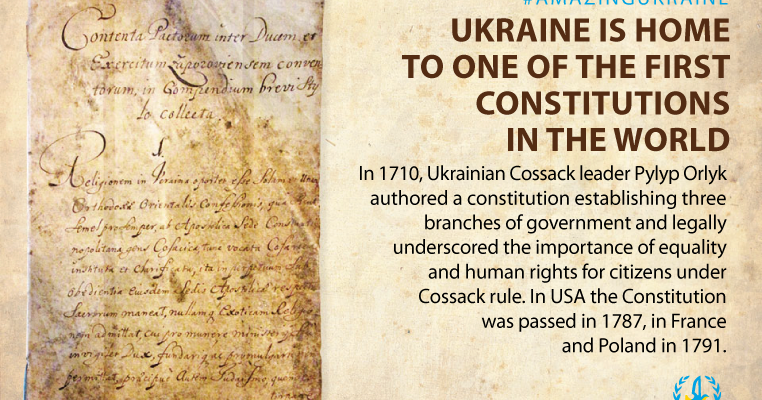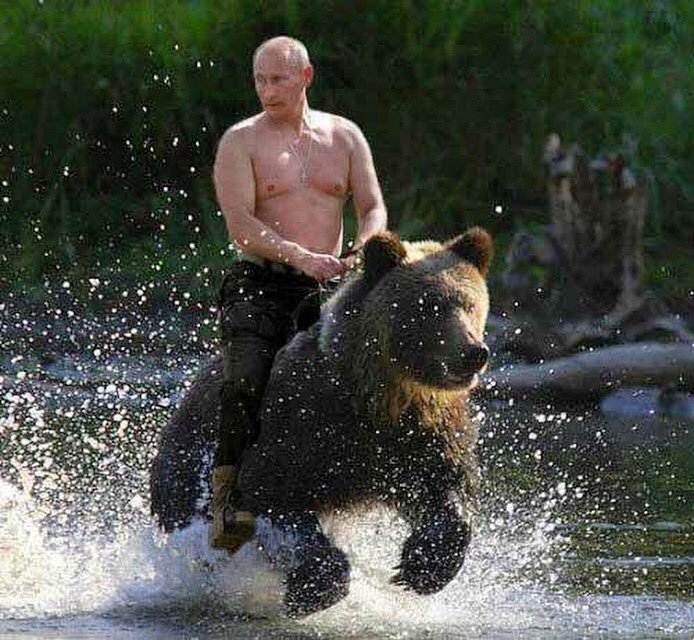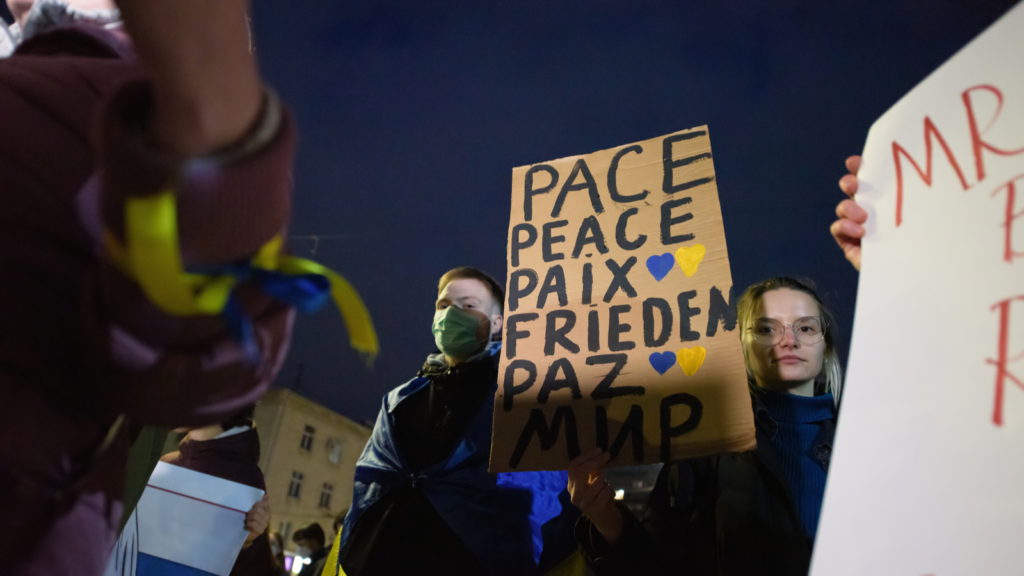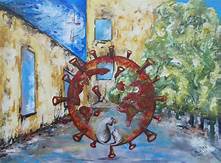
I doubt anyone reading this will learn something new about YouTube. There are many people in this world who know more about the phenomenal streaming service than me. Like most humans, I have had lots of exposure to YouTube, so I do think I’m at least qualified to share some stories and observations about it. I hope this amuses and will be of some interest to the reader with low expectations.
My Introduction
I can’t say what year it was I first learned about YouTube, but it probably wasn’t long after its launch in 2005. It was introduced to me in the office at my workplace. A friend walked over to my desk and said he had something to show me. Just doing so was out of bounds when it came to how we should be spending our work time, but the content was a little questionable as well.
“Have you ever heard of YouTube?”
“Heard of what?”
“YouTube. It’s a website where people post videos and other people watch them.”
“No, never heard of it.”
“Well, I have to show you this one. It’s a Hasidic Jew doing rap.”
I don’t believe my friend’s choice was born of bigotry. He’s a member of a minority group himself. He was most taken by the incongruity of the music with the rapper’s lifestyle. I learned this day that YouTube could entertain me with the unusual.
My First Time on YouTube
I haven’t done much posting on YouTube. The first time was silly and inconsequential. We were visiting our son in Portland, Oregon. He was living on a farm at the time. He had a friend who also lived there, but the friend lived in a room in the loft of the barn. In an open area down below, there was a ping pong table. While we were hanging out, I started playing ping pong with our son’s friend. My wife made a video of our back and forth. I think it lasted for about 15 seconds. She posted it on YouTube. It had no lasting value at all, but it seemed to catch a wave another video was riding and our poor ping pong display got some attention. I learned this day the thrill of getting some YouTube hits.
Promoting Myself on YouTube
When my novel Boundless Trust was published in 2016, I received an offer from a friend to interview me about it at a local public access television studio. I accepted and we shot it soon thereafter. We posted it on YouTube in hopes of spreading the word about the book. I just checked today to see how many views the interview pulled. 19.
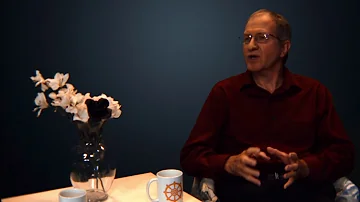
In 2021, I entered a songwriting contest hosted by a group I subscribe to called Braver Angels. The group is organized to carry on a dialogue between Republicans and Democrats, conservatives and liberals. I had become disgusted with the vitriolic tone of rhetoric between the two political counterparts and had written a song called Listen to urge people to stop preaching their own views so much and to listen to the other side. I made a video for the contest and we posted it also on YouTube. I see now the number of views for the post has reached 14. I learned this day my artistic endeavors are not as interesting as cats.
Anything You Want
As you know, YouTube has grown to be media giant. It has grown to be the second most visited website, second only to Google Search. The folks who created it eventually sold it and its owner now is…Google. I’m sure I’m not unique when I say to others, “Anything you want is on YouTube.”
I’m not a handy guy. When I need to do something that amounts to handiwork, I tune in to YouTube. The tutorials I get there are phenomenal. Just this week, I learned how to reload trimmer line onto a spool for my weed whacker. I’m very excited and proud. Thank you, Meandering Yogi! Last year, I learned the right way to use my drum auger for clearing clogged drains. Thank you, Leah!
From the practical to the sublime, it’s all there! It was about four years ago when I discovered a video that helped me control my fibrillating heart. That was a life-changer. Thank you, Amaris!
For a simple source of relaxation, there’s an unlimited supply of music. There’s information of all kinds, and some of it’s even true!
And There’s More
I’ve just scratched the surface. You can learn how to do so much or you can watch stuff that just fills you with serotonin or you can surf the waves of many oceans. By the way, there are other streaming services that are alternatives to YouTube. Daily Motion and Metacafe come to mind. Others include Vimeo, Crackle and DTube. Spread yourself around a bit. You may learn something new.
